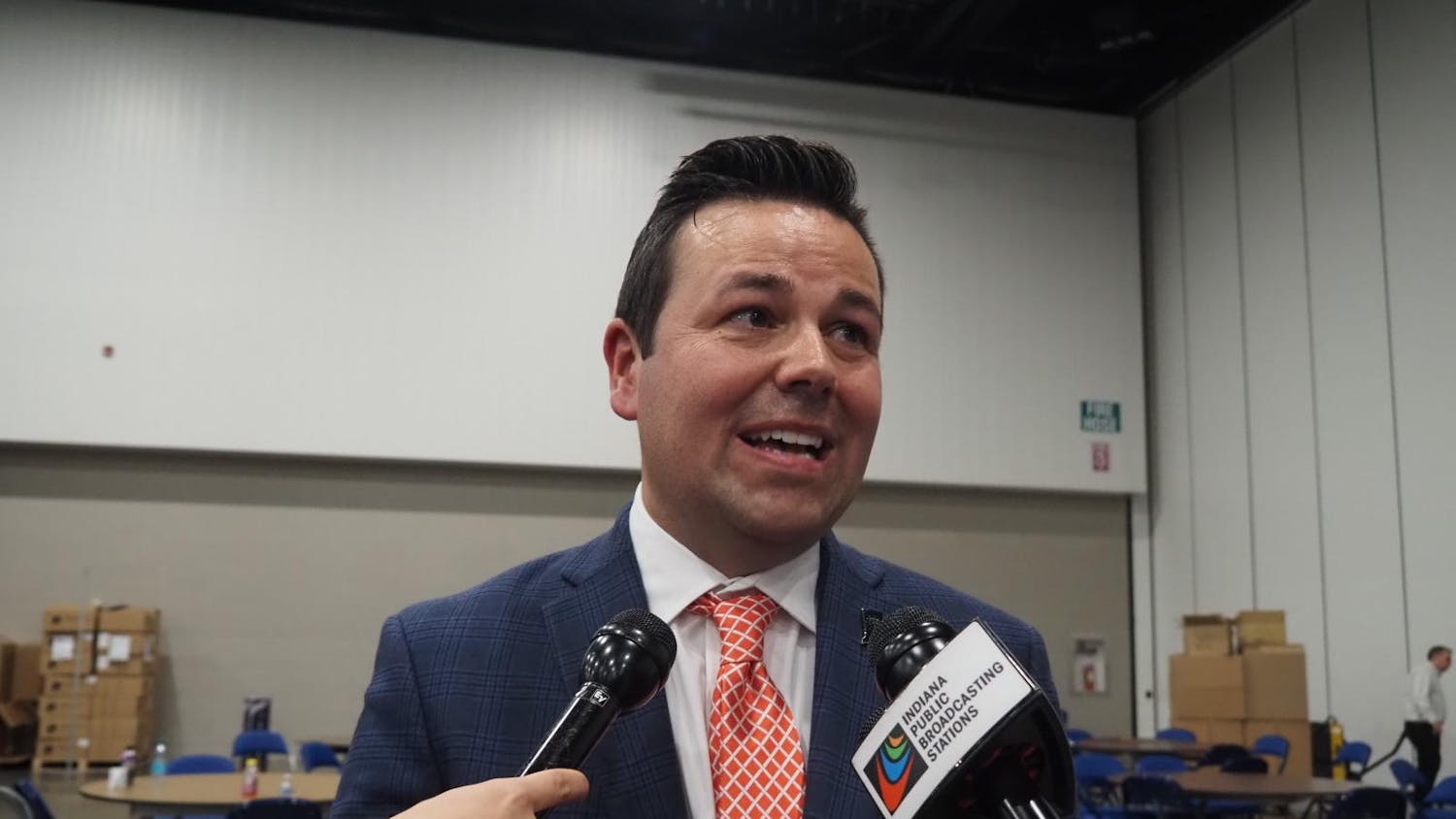The recent controversy surrounding President George W. Bush's cabinet nominations has focused mainly on John Ashcroft for attorney general, Gale Norton for secretary of the interior and, until a few weeks ago, Linda Chavez for labor secretary. \nSaturday, after Bush was inaugurated as our 43rd president, the Senate approved seven of his Cabinet nominees. Among those was retired Army Gen. Colin Powell as secretary of state. While it was never really doubted that this nomination would go through, his selection as America's top diplomat deserved much greater scrutiny.\nPowell's nomination merited a second look because it is not the most appropriate position given his qualifications and because the placement of such a recognizable military figure in the top diplomatic spot undermines the nature and function of the State Department. Powell is arguably one of the most popular public figures in the United States. He is a dedicated public servant, who, thanks to his long military career, is deeply versed in foreign affairs. \nHe is a respected statesman not just in the eyes of Americans, but also by those overseas. As the New York Times reported, "The same Europeans, and for that matter the same Democrats, who ridicule Bush, speak respectfully of Powell, even when they disagree with his views."\nThe fact that even the new administration's detractors can get behind this man suggests the Republicans have hit pay dirt with Powell. While I agree he deserves a top spot in the foreign policy-making bureaucracy, it should not be as the head of the State Department. \nIf Bush wanted to include Powell in his team, he should have appointed him to a position in the Department of Defense or on the National Security Council. As a career military man best known for his role as chairman of the joint chiefs of staff during the Persian Gulf War, and who also served briefly as Ronald Reagan's national security adviser, Powell has more experience with these two departments. \nSome might think foreign policy is foreign policy, and it doesn't matter if it is being dictated by the defense department or the State Department. But this shows a lack of understanding about the relationship between these departments.\nThe relationship is tenuous at best. Members of these institutions view the world and America's role in it in very different ways, and both views need to be respected. The Defense Department is concerned with the maintenance and protection of our armed forces and the development of strategy to ensure our national defense. The State Department is more concerned with diplomacy, forging relationships with foreign governments and engaging other countries to reach solutions to foreign policy problems that will be mutually beneficial. \nOne example of the conflict between Defense and State can be seen in the issue of peacekeeping. In his book, "My American Journey," Powell recalled detesting then-Secretary of State Madeleine Albright's suggestion that American troops be used as peacekeepers. Both the Bush and Clinton administrations failed to produce a comprehensive peacekeeping policy because of opposition from the Pentagon, though the State Department was in favor of such a policy. \nThis is not to say it was wrong for the Pentagon to oppose this initiative. But this example highlights the differences in priorities for the two departments and illustrates the tension that needs to be maintained between these two bodies to keep our foreign policy in check. \nUntil his retirement in 1993, Powell only had to understand the world as soldiers do: a world of strategy where the purpose is to fight and win. This is not to say he is incapable of seeing the world through diplomatic lenses. Knowledge of the military would be an asset for any would-be Secretary of State. But in the eyes of Americans and our foreign partners, Powell is so closely associated with the military as to make his new assignment dangerous. \nPowell will surely be an asset to Bush's team. But I doubt Powell should be creating policy as the secretary of state. His popularity might bring more respect to the State Department, something it greatly deserves. \nBut it should not come at the cost of stripping the department of one of its main duties and privileges -- sparring with the military to help keep our foreign policy balanced.
Colin Powell: a good man in the wrong role
Get stories like this in your inbox
Subscribe





